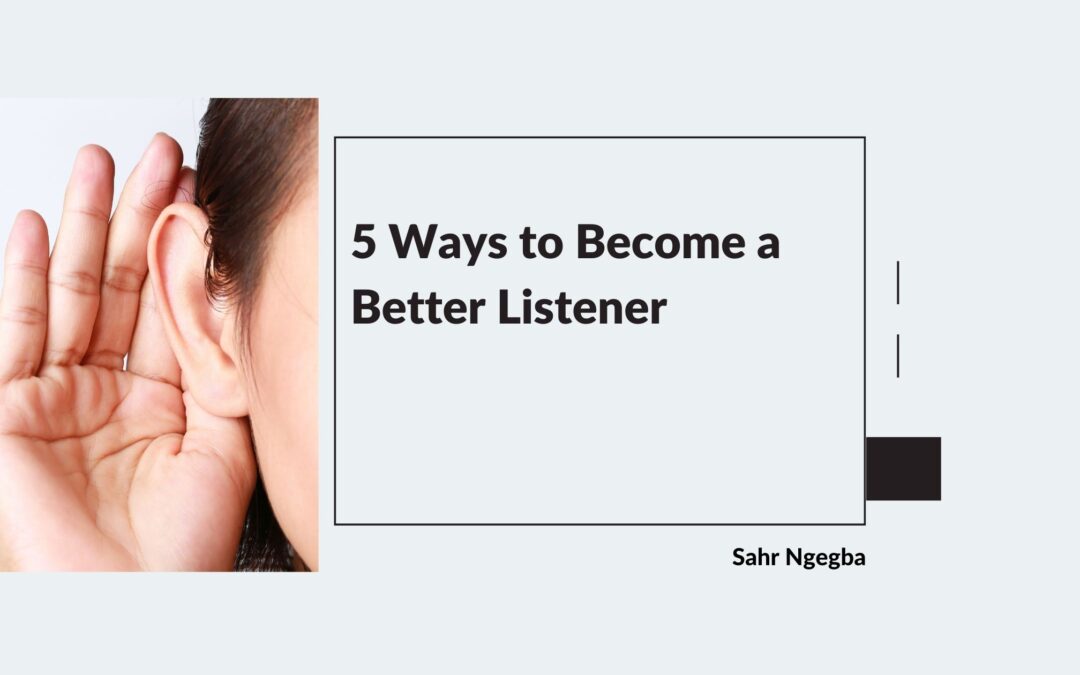In a world abuzz with constant noise and chatter, the art of listening has become increasingly undervalued. Authentic listening involves more than just hearing; it requires attention, empathy, and genuine interest. Becoming a better listener can significantly enhance communication and foster deeper connections in personal relationships, professional settings, or everyday interactions. Here are five essential strategies to cultivate this invaluable skill:
Practice Active Listening:
Active listening is the cornerstone of effective communication. It involves fully engaging with the speaker, focusing on their words and tone, body language, and emotions. Practice active listening, maintain eye contact, nod in acknowledgment, and provide verbal cues such as “I see” or “That makes sense.” Avoid interrupting or formulating responses while the other person is speaking. Instead, listen with an open mind and withhold judgment until you fully understand their perspective. Demonstrating attentiveness and respect creates a safe space for the speaker to express themselves freely.
Cultivate Empathy:
Empathy lies at the heart of meaningful listening. It involves stepping into the speaker’s shoes and striving to understand their thoughts, feelings, and experiences from their perspective. Practice putting aside your biases and preconceptions and genuinely try to see the world through the eyes of others. You build trust and rapport by showing empathy, paving the way for more open and honest communication.
Minimize Distractions:
In today’s digital age, distractions abound, making it challenging to engage in conversations fully. To become a better listener, minimize distractions and create an environment conducive to attentive listening. Put away your phone, turn off notifications, and find a quiet space without interruptions. Give the speaker your undivided attention, focusing solely on the conversation.
Practice Reflective Listening:
Reflective listening involves paraphrasing or summarizing the speaker’s words to confirm understanding and convey empathy. After the speaker has finished talking, take a moment to reflect on what they’ve said and rephrase it in your own words. For example, you might say, “So, what I hear you saying is…” or “It sounds like you’re feeling…” This technique reinforces your understanding of the message and shows the speaker that you are truly listening and trying to grasp their perspective. Additionally, it provides an opportunity for clarification if there are any misunderstandings.
Be Open-Minded and Nonjudgmental:
Effective listening requires an open mind and a willingness to consider diverse viewpoints, even those that differ from yours. Avoid jumping to conclusions. Instead, approach conversations with curiosity and a genuine desire to learn from others. Suspend judgment and refrain from criticizing or dismissing the speaker’s opinions, no matter how different they may be. By remaining open-minded and nonjudgmental, you create a supportive atmosphere where honest dialogue can thrive, leading to deeper understanding and mutual respect.
Becoming a better listener is a lifelong journey that requires practice, patience, and dedication. Incorporating these five strategies into your daily interactions can enhance your communication skills, strengthen relationships, and foster a greater sense of connection with others.

